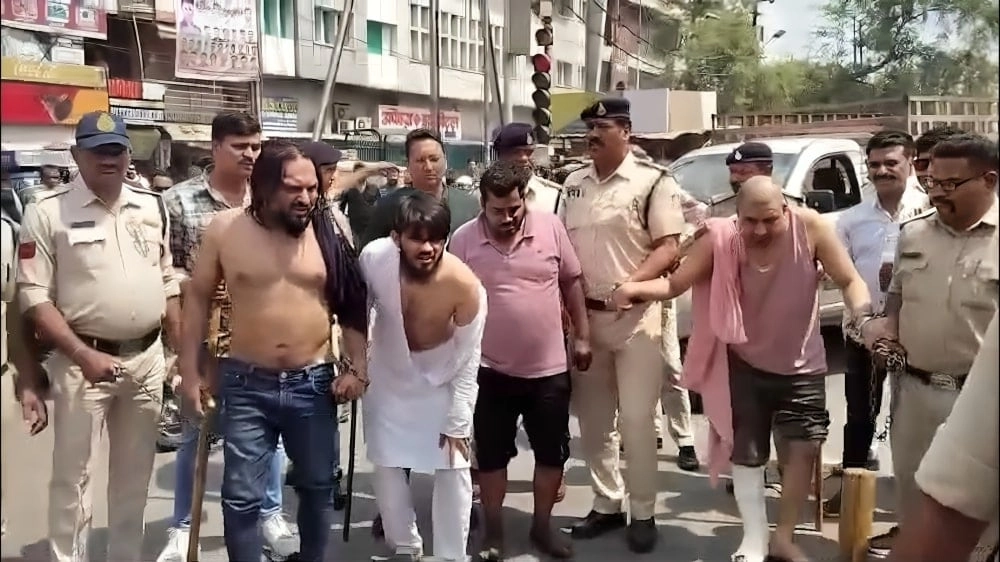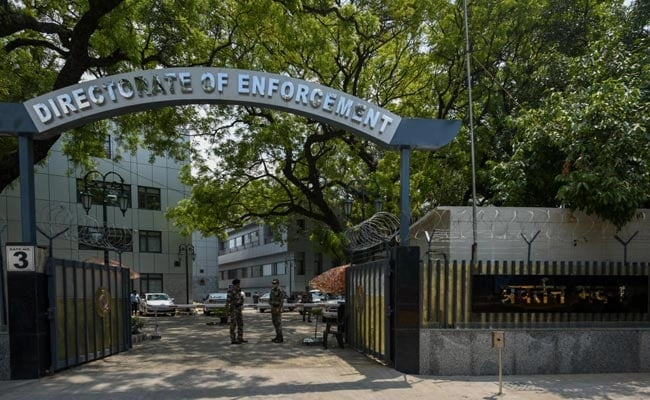In a significant development in the ongoing efforts to curb Maoist insurgency in India, a total of 78 Maoists, including 43 women, have surrendered in three districts of Chhattisgarh. This mass surrender represents a crucial turning point in the fight against one of the longest-running insurgencies in the country. The districts involved in this operation include Dantewada, Bijapur, and Sukma, which are known hotspots for Maoist activity. The recent surrenders highlight the growing disillusionment among the ranks of the Maoist cadres, who are increasingly recognizing the futility of their violent struggle and the potential for a more peaceful and productive life.
The surrendering Maoists were welcomed by state officials and security forces, who emphasized the importance of rehabilitation and reintegration programs designed for former insurgents. These programs aim to provide vocational training, financial assistance, and support for education to help these individuals reintegrate into society. The presence of women among the surrendered Maoists is particularly noteworthy, as it underscores the changing dynamics within Maoist groups, where women have played active roles not just as supporters but as combatants as well. Their decision to leave the insurgency may also reflect broader societal changes and the improved outreach by the government and non-governmental organizations in these conflict-affected areas.
Officials have expressed optimism that this wave of surrenders could lead to a domino effect, encouraging other Maoists to abandon their violent paths. The government has been actively promoting peace initiatives, and the successful surrender of such a large number of insurgents could serve as a powerful message to those still in the ranks. The ongoing efforts to create a conducive environment for dialogue, coupled with the implementation of development projects in these regions, aim to address the root causes of the Maoist insurgency, which often stem from socio-economic disparities and lack of access to basic services.
As security forces continue to intensify their operations against the Maoists, it is essential to recognize the importance of a comprehensive approach that combines both military action and social development. The successful surrender of these individuals is not just about reducing the strength of the insurgency; it also represents an opportunity to heal the wounds of conflict and build a more inclusive society. Addressing the underlying issues of poverty, education, and employment will be crucial in ensuring lasting peace and stability in Chhattisgarh and other affected areas. The government’s commitment to fostering dialogue and providing support to former insurgents could pave the way for a more peaceful future, ultimately benefiting the entire region.




